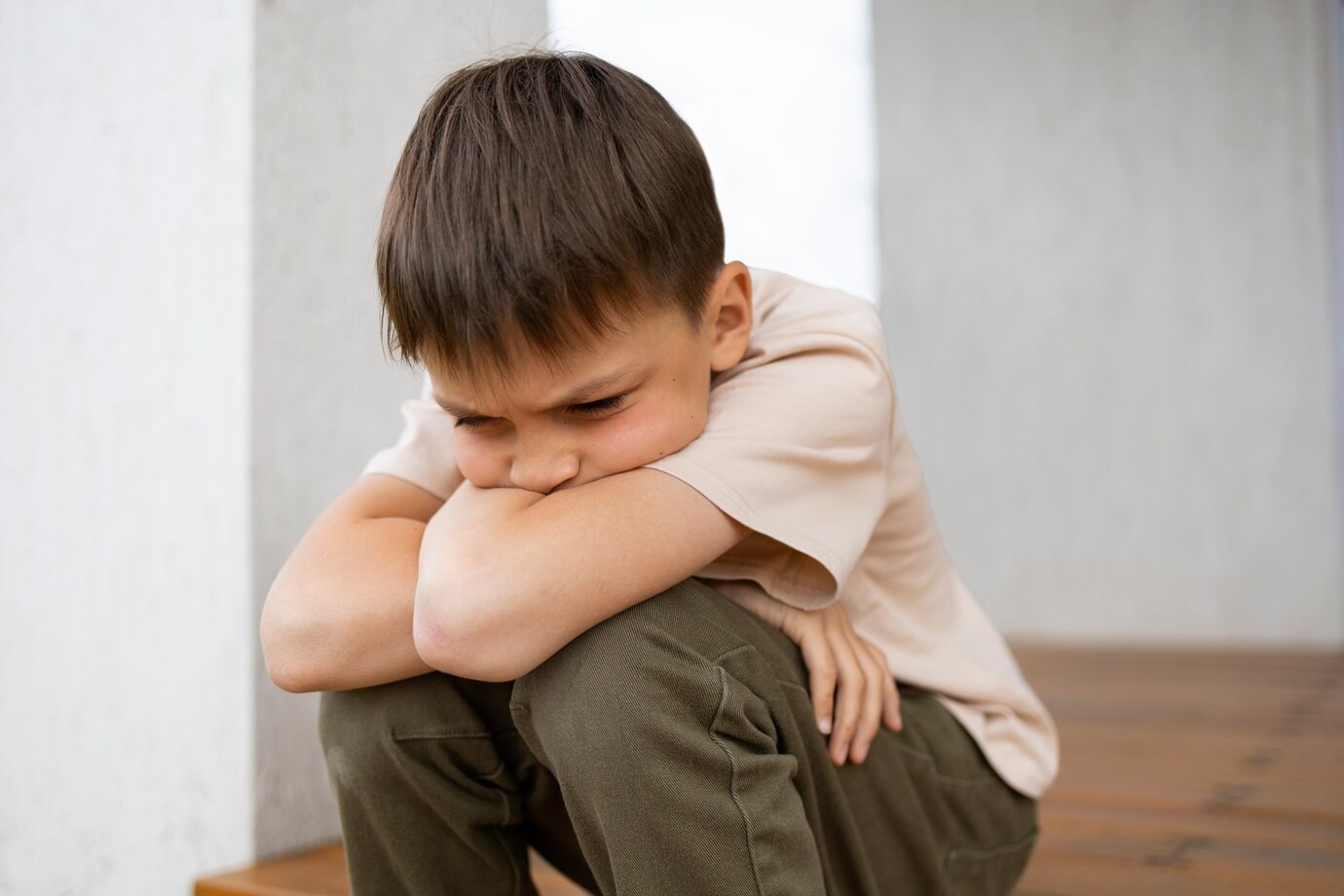Helicopter parenting is a common approach where parents are highly involved in nearly every aspect of their children’s lives, actively supervising and organizing daily activities.
This parenting style reflects parents' concern for their children's future, driven by a desire to shield them from hardships or failure. While these intentions are positive, helicopter parenting brings both benefits and drawbacks.
Benefits of Helicopter Parenting
Helicopter parenting is marked by a high level of parental involvement in raising children. Some benefits of this style include:
Enhanced Protection
Parents who adopt helicopter parenting are typically vigilant about their children’s surroundings. They ensure their children remain in safe environments, which is crucial as young children often lack a full understanding of potential risks and hazards.
Strong Academic Support
This parenting approach often includes close involvement in children’s education. Parents actively track schoolwork, academic progress, and extracurricular activities.
Such involvement can positively impact academic performance, providing the guidance and encouragement needed for success. Children raised with helicopter parenting often achieve higher grades and perform well academically.
Prevention of Social and Emotional Issues
Through their close involvement in daily life, helicopter parents may spot early signs of issues like bullying, anxiety, or stress, addressing them before they develop into more serious problems.
Sense of Security and Attention
Children raised under helicopter parenting often feel highly valued and loved. The consistent involvement of parents provides a sense of security, reassuring children that support is always available when needed.
Drawbacks of Helicopter Parenting
While helicopter parenting has positive aspects, it also has potential downsides, including:
Reduced Independence
A frequent disadvantage of helicopter parenting is the limited opportunity for children to develop independence. Parental intervention in problem-solving can prevent children from learning how to make decisions and tackle challenges on their own.
Increased Dependency
Helicopter parenting may lead to children who overly rely on their parents. Lacking confidence to make their own decisions, they may seek parental approval in challenging situations.
This dependency can carry over into adulthood, making it difficult for them to achieve self-sufficiency as they grow older.
High Stress Levels
Although children may feel secure knowing their parents are always present, constant supervision can sometimes lead to stress. Being under continuous observation may cause children to feel judged, ultimately leading to anxiety and pressure.
Limited Problem-Solving Skills
Children raised with helicopter parenting may miss out on opportunities to experience failure and learn resilience. This lack of experience can pose challenges when they face real-life situations outside their parents’ supervision.
If you have questions or concerns about your parenting approach, consider consulting a pediatrician, psychologist, or family counselor. You can also access the Ai Care consultation service by downloading the app from the App Store or Play Store.
Curious about pregnancy, breastfeeding, women’s and children’s health? Click here!
- dr Nadia Opmalina
Maria Masters (2023). Are you a helicopter parent? Here's how to tell. Available from: https://www.babycenter.com/family/parenting-styles/helicopter-parents_41001486
Omna Shaki, et all (2022). Helicopter parenting, from good intentions to poor outcomes. What parents needs to know?. Available from: https://www.ncbi.nlm.nih.gov/pmc/articles/PMC9638553/
Kate Bayless (2024). What Is Helicopter Parenting, And How Does It Impact Kids?. Available from: https://www.parents.com/parenting/better-parenting/what-is-helicopter-parenting/
Kendra Cherry, MSEd (2024). Why Parenting Styles Matter When Raising Children. Available from: https://www.verywellmind.com/parenting-styles-2795072
Terrence Sanvictores and Magda D. Mendez (20220. Types of Parenting Styles and Effects on Children. Available from: https://www.ncbi.nlm.nih.gov/books/NBK568743/












